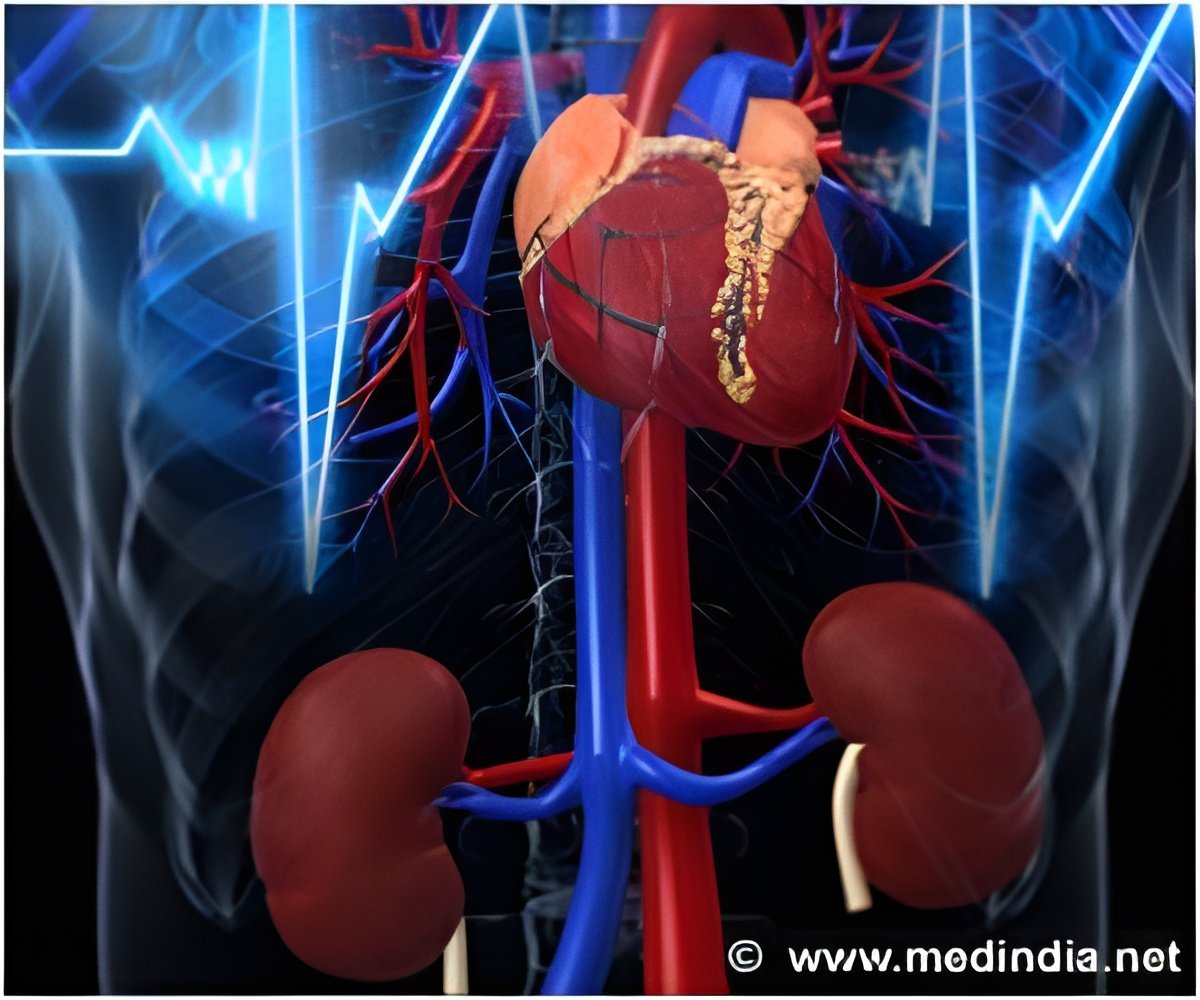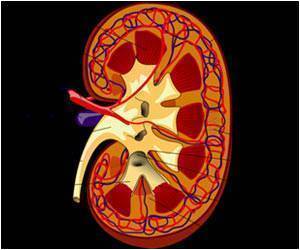Older adults with CKD have a high prevalence of concurrent complications and increased risk for adverse outcomes including mortality, cardiovascular disease, and kidney failure.
Older adults with chronic kidney disease (CKD; defined as an estimated glomerular filtration rate [GFR; a measure of kidney function] of less than 60 mL/min/1.73 m2) have a high prevalence of concurrent complications and increased risk for adverse outcomes including mortality, cardiovascular disease, and kidney failure, find recent studies. A prior study demonstrated an increase in CKD prevalence between 1988-1994 and 1999-2004 for the general U.S. population. However, trends in CKD prevalence have not been reported for the oldest old [defined as 80 years of age or older]," write C. Barrett Bowling, M.D., M.S.P.H., formerly of the Veterans Affairs Medical Center, Atlanta, and colleagues.
As reported in a Research Letter, the authors used data from national surveys (the National Health and Nutrition Examination Surveys (NHANES) 1988-1994 and 1999-2010), to study participants age 80 years or older who completed a medical evaluation in the NHANES mobile examination center (n = 3,558).
The researchers found that the prevalence of an estimated GFR of less than 60 mL/min/1.73 m2 was 40.5 percent in 1988-1994, 49.9 percent in 1999-2004, and 51.2 percent in 2005-2010. The prevalence of a more severe reduction in estimated GFR (less than 45 mL/min/1.73 m2) was 14.3 percent in 1988-1994, 18.6 percent in 1999-2004, and 21.7 percent in 2005-2010.
The findings point to a rise in prevalence in CKD among people 80 years and older and suggests that "efforts to address CKD among the oldest old may be necessary," the authors conclude.
Source-Eurekalert
















